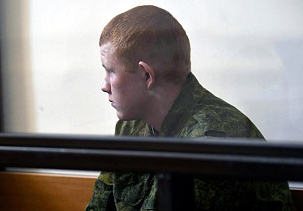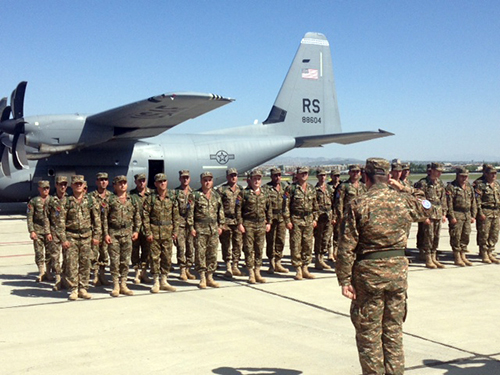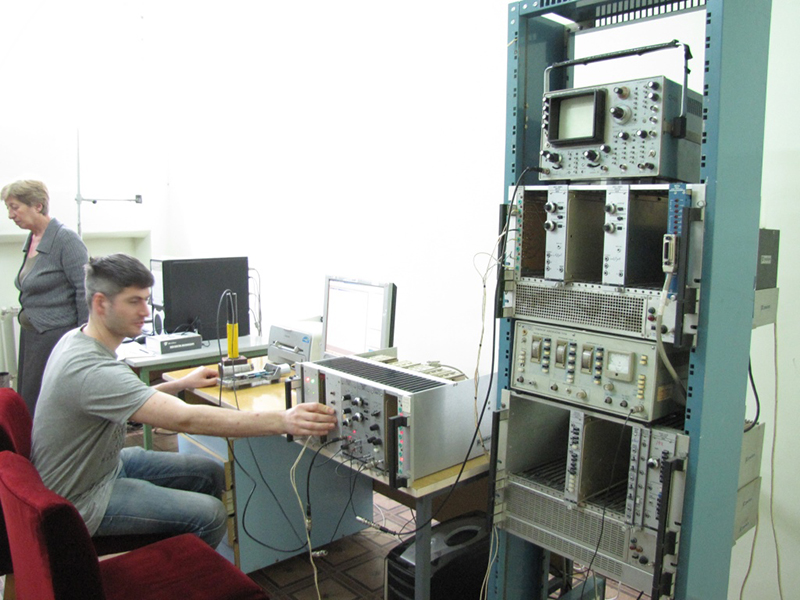BERLIN (RFE/RL) — Azerbaijan refuses to implement agreements on confidence-building measures and continues to escalate tensions in Nagorno-Karabakh, Armenian Foreign Minister Edward Nalbandian said during a meeting with his German counterpart, Frank-Walter Steinmeier, in Berlin on November 3.
Germany currently holds the rotating presidency in the Organization for Security and Cooperation in Europe (OSCE), which is brokering a solution to the protracted Armenian-Azerbaijani conflict through a negotiating team known as the Minsk Group co-chaired by the United States, Russia and France.
The Minsk Group mediators visited the region late last month, calling for another Armenian-Azerbaijani summit to make progress towards a settlement. They underscored that “respect for the ceasefire provides a critical foundation for ongoing negotiations” and stressed the importance of “fully implementing decisions taken in Vienna and St. Petersburg.”
During the internationally mediated meetings between Armenian President Serzh Sarkisian and his Azerbaijani counterpart Ilham Aliyev in the Austrian capital and the Russian city in May and June, weeks after the deadliest clashes in Nagorno-Karabakh since the 1994 ceasefire, the sides reportedly agreed to expand the office of the personal representative of the OSCE chairperson-in-office amongst other confidence-building measures to reduce tensions along the heavily militarized line of contact in Nagorno-Karabakh and the volatile Armenian-Azerbaijani border.
Since then, however, Armenia and Nagorno-Karabakh authorities have repeatedly accused Azerbaijan of failing to live up to its commitments to tranquility in the conflict zone. Baku, meanwhile, has pointed an accusatory finger at Armenia for continued skirmishes and lingering tensions in the region.
The Nagorno-Karabakh conflict was one of the issues that Armenian Foreign Minister Nalbandian discussed with his German counterpart Steinmeier at their latest talks in Berlin.
According to the Armenian Foreign Ministry’s press office, Nalbandian drew Steinmeier’s attention to the fact that Azerbaijan refuses to implement the Vienna and St. Petersburg agreements and “continues to aggravate the situation along the line of contact with Nagorno-Karabakh.”
In the context of the current German chairmanship in the OSCE, the two foreign ministers reportedly exchanged views on the matters that are on the agenda of this organization as well as preparations for the OSCE Ministerial Summit scheduled to be held in Hamburg in December.
“Minister Nalbandian highly evaluated the assistance of Germany’s OSCE presidency to the efforts of the OSCE Minsk Group aimed at finding a peaceful solution to the Karabakh conflict. The sides shared the view that a peaceful settlement of the Karabakh conflict has no alternative,” a statement of the Armenian Foreign Ministry said.
During the meeting the top Armenian and German diplomats also reportedly discussed a number of other issues, including “urgent regional and international matters.” Part of the discussion focused on the situation in the Middle East, in particular in Syria, as the sides “exchanged views on the flow of refugees and issues connected with their integration.”
Germany has been the largest recipient of refugees from the Middle East since the crisis caused by the Syrian civil war and instability elsewhere in the troubled region deepened last year.
Armenia, too, has given refuge to nearly 20,000 ethnic Armenians fleeing hostilities in Syria since 2011.
While in Berlin, Foreign Minister Nalbandian also met with Christoph Heusgen, who is German Chancellor Angela Merkel’s chief adviser on foreign policy and security matters.
“The two reportedly exchanged views on Armenian-German relations and the prospects for their further development and discussed regional and international matters,” the Armenian Foreign Ministry said in a separate press release.
During the meeting Nalbandian reportedly briefed Heusgen on the ongoing efforts by Armenia and the OSCE Minsk Group co-chair countries to move the Nagorno-Karabakh peace process forward.










